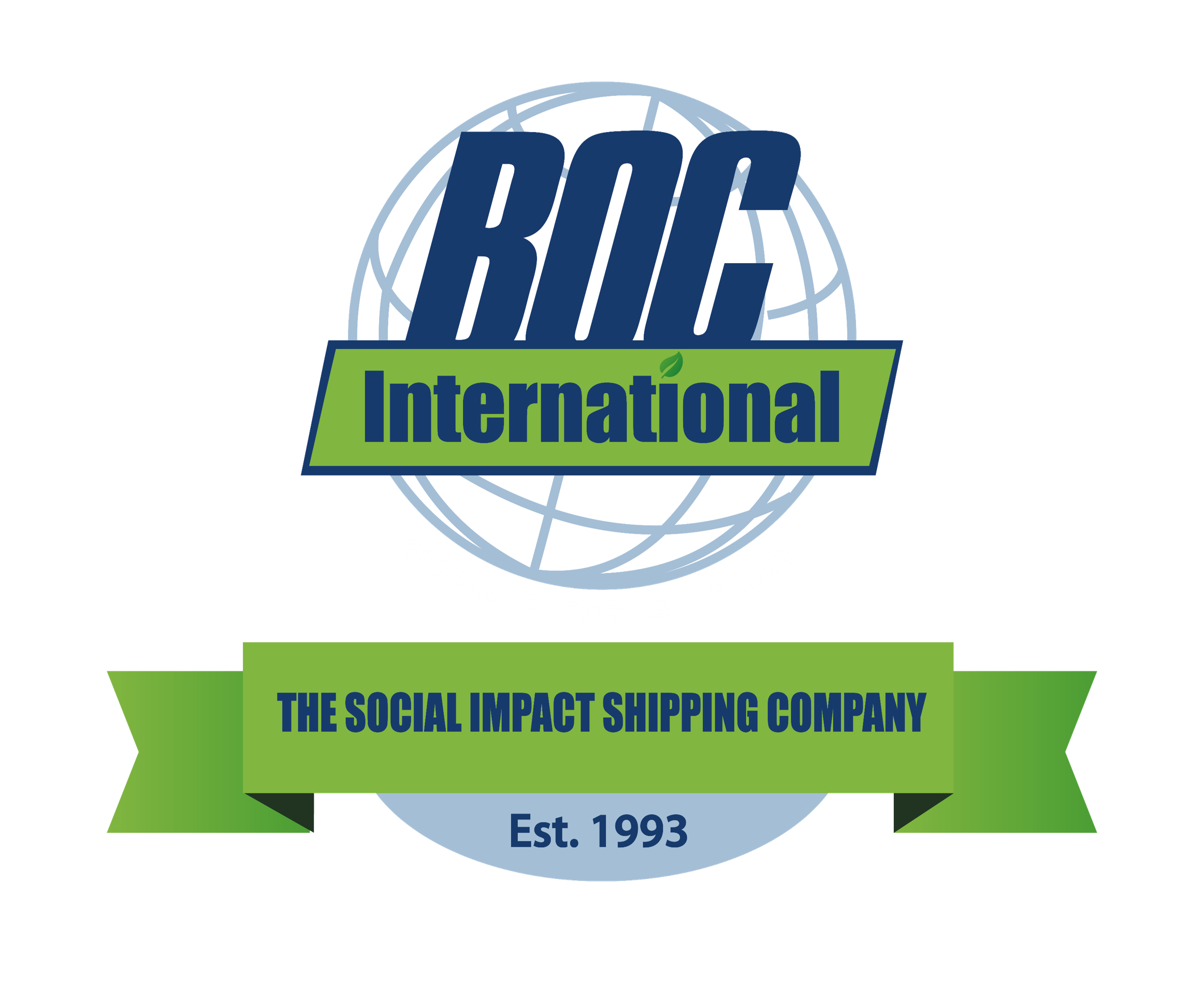

More container cargo moving with NVOCCs
Approximately 37.5 percent of imports to the United States were contracted by non-vessel operating common carriers in the first quarter of 2016, according to research firm Datamyne.
BY CHRIS DUPIN |WEDNESDAY, MAY 18, 2016
A larger share of container cargo is routed through non-vessel operating common carriers (NVOCCs).
According to Miami, Fla.-based research firm Datamyne, about 37.5 percent of imports to the U.S. were contracted by NVOCCs in the first quarter of 2016.
The firm said that is “a bump up from 2014’s share of 36.0 percent and a 10 percentage point gain over 10 years.”
The dependence on NVOCCs varies among the top 20 carriers, according to the list generated by Datamyne. In the first quarter of 2016, it ranged from 79 percent for United Arab Shipping Co. to just 4 percent for Seaboard Marine and zero percent for Transfrut Express, which carries fruit for Dole, according to Datamyne’s list of the 20 largest vessel operating common carriers.
Datamyne found even the largest carriers may have more than one-third of their cargo contracted by NVOCCs.
Datamyne believes part of the reason for the change is that shippers are increasingly outsourcing logistics to NVOCCs, rather than performing work in house. It also said that trend toward outsourcing is driving mergers and acquisitions in the 3PL space.


USA ADVISORY Safety Of Life At Sea (SOLAS)
Dear USA Valued Customers,
The International Maritime Organization (IMO) has adopted amendments to the Safety of Life at Sea (SOLAS) Convention.
As of July 1, 2016, all loaded containers are required to have a Verified Gross Mass (VGM) declared by Shippers to the respective ocean Carriers with whom the containers are booked.
What is Verified Gross Mass (VGM)?
The VGM consists of the total gross cargo weight, dunnage and container tare weight and applies to packed containers tendered to the ocean Carrier.
The SOLAS amendment provides two methods for the Shipper to calculate the VGM:
Method 1: Obtain VGM by weighing the packed container and subtracting the road vehicle where applicable (chassis/trailer/cab).
Method 2: Obtain VGM by weighing the individual shipments and adding dunnage and the container tare weight.
For our LCL product BOC International is the Shipper to the ocean Carrier. We are directly responsible for obtaining and transmitting the VGM of the consolidated container in a timely manner to ensure the container is loaded onto the vessel. SOLAS does not specify applicability to LCL cargo, only to the packed container which is made up of the aggregated volumes.
As BOC International builds consolidated containers globally, we use a variety of BOC International operated as well as 3rd party warehouses. Therefore, we will be using a combination of both method #1 and #2 in order to obtain and provide the VGM of the consolidated container to the ocean Carrier.
Pricing for U.S. LCL Export Consolidation will be as follows:
US$5.00 w/m (minimum 1 cbm) VGM Weight Verification fee
US$10.00 flat per Bill of Lading VGM Administration fee
For our FCL product, as BOC International does not control the loading of the container, we rely on our customers to provide us the VGM. This needs to take place prior to the VGM cutoff at the terminal. Minimum requirements are:
- BOC International Booking Number • Container Number • VGM • Unit of measurement • Date • Name of person authorized by the Shipper
We will be providing a portal as part of our global website for the submission of this data to enable our customers’ transmission of the VGM information in a timely manner.
BOC International may arrange to have the FCL container weighed and obtain the VGM on the customer’s behalf, provided the request is made at the time of booking. BOC International will then submit the VGM to the ocean Carrier.
Pricing for U.S. FCL Export VGM services:
US$25.00 VGM Administration Fee per Container if VGM provided by Customer
US$50.00 VGM Administration Fee per Container if VGM arranged by BOC International (excluding weigh ticket, driver waiting time, additional drayage(s), re-delivery, repositioning and any and all other applicable out-of-pocket expenses)
For both LCL and FCL products: At the time of this notification, changes and updates are ongoing globally in regards to VGM related fees by ocean Carriers and/or
terminals. The above pricing is based on our best industry intelligence to date. If changes do occur, the above export-related pricing above may be altered. We reserve the right to modify our position at any time.
There is no single standard implementation process around the world for ensuring the VGM is enforced. The above is an outline of how BOC International Logistics Services intends to address the VGM requirements. We have teams around the world who are working with ocean carriers and their terminals to come up with solutions and pricing that best fit local processes.
BOC International continues ongoing discussions with regulatory authorities and stakeholders around the globe to ensure systems and procedures are in place before the effective date.
We will continue to keep you informed through further updates.



